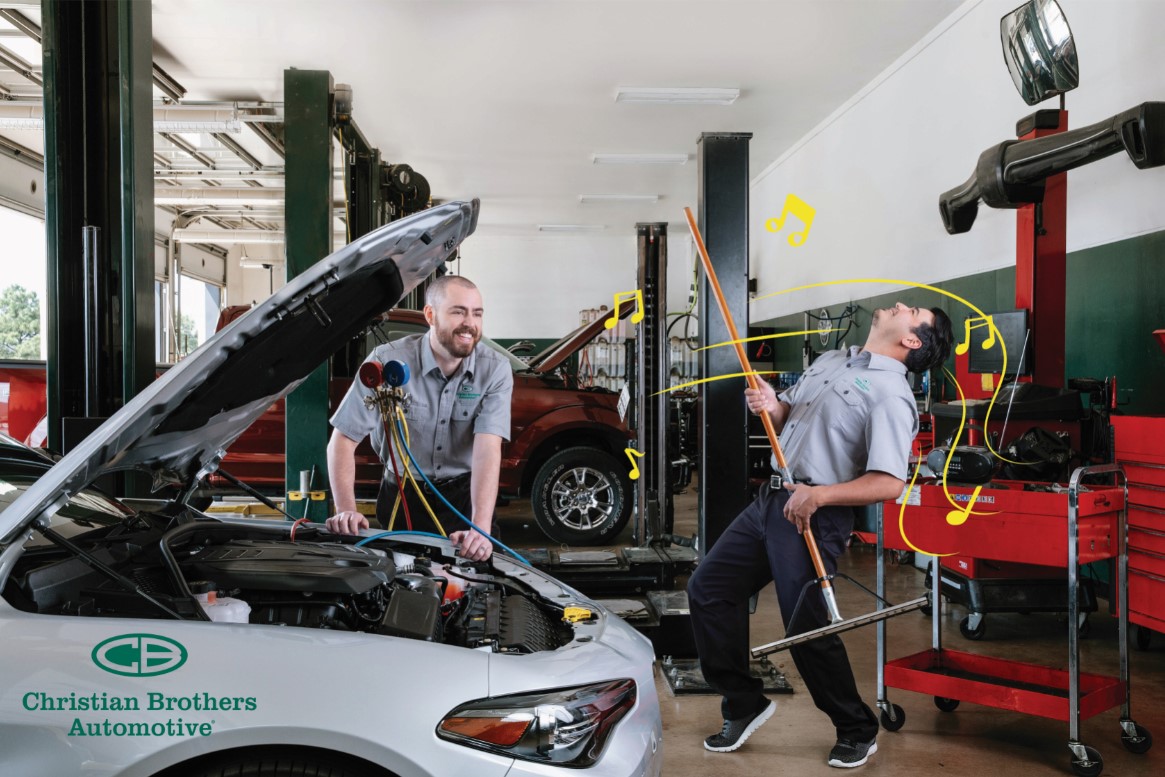All Categories
Featured

Your car's battery is one of the most vital elements for a trustworthy driving experience. It offers the power needed to start your auto and runs much of your automobile's vital features. Like all automobile parts, batteries don't last for life and can lose their toughness over time. Recognizing just how to examine your auto's battery health can conserve you from unforeseen break downs and ensure your vehicle proceeds to start efficiently every single time. In this overview, we'll walk you via some basic steps to examine your automobile's battery health and wellness.
Indications Your Cars And Truck Battery May Be Failing. Before diving right into just how to examine your vehicle's battery wellness, it is very important to recognize the indication that your battery may be nearing completion of its life. Below are some common indications:
Slow Engine Crank: If your cars and truck is sluggish to begin or the engine takes longer to crank than typical, your battery might not be offering adequate power. Dim Lighting: Dimming fronts lights or interior lights, especially when starting the auto, is an additional indication that your battery may be losing power. Check Battery Light: If you see the check battery light on your dashboard, it can indicate that the battery is weak or there's an issue with the billing system. Corrosion on Battery Terminals: A build-up of rust around the battery terminals (typically a white, grainy compound) can hinder the battery's connection, leading to efficiency concerns. Aging: Vehicle batteries usually last in between 3 to 5 years. If your battery is older than that, it may be time to check its health and wellness. If you see any one of these symptoms, it's an excellent concept to check your battery's health and wellness to establish if it needs replacement.

Just How to Check Your Cars and truck's Battery Health and wellness. Visual Inspection:. Inspect for leaks, splits, or bulging, which could indicate that the battery is overcharged or faulty. Inspect the battery terminals for deterioration, which can conflict with the battery's capability to bill and discharge properly.
Examine the Battery Voltage:. One of the most effective ways to check your battery's health and wellness is to measure its voltage. You can do this using a multimeter (readily available at most auto parts shops) Below's exactly how to do it:
Turn off your auto and make certain that all electronics (lights, radio, and so on) are off. Set your multimeter to DC voltage (V) and pick a variety of 20. Attach the multimeter's red probe to the positive (+) incurable and the black probe to the negative (-) terminal on the battery. A healthy, completely billed battery should check out around 12.6 volts. If the voltage is below 12.4 volts, your battery is weak and may need reenergizing or replacing. If it's below 12 volts, the battery is most likely stopping working. Execute a Lots Test:. A load examination assists identify just how well the battery carries out under stress and anxiety. This test is normally done by an expert auto mechanic, yet you can do an easy version at home if you have a battery load tester. Below's exactly how:
With the vehicle off, gauge the voltage as you performed in the previous step. Then, start the auto and measure the voltage again. If it goes down significantly when the engine begins, this can indicate that the battery isn't holding a cost appropriately. You can additionally check exactly how well the battery powers accessories (like lights or air conditioning) while the cars and truck is running. If they flicker or act unpredictably, it could signify a failing battery. Evaluate the Charging System:. If the battery seems fine, but you're still experiencing issues, it might be a problem with the alternator or the billing system. To test this:
With the vehicle operating, measure the voltage at the battery terminals again. An appropriately working generator should create a voltage of 13.7 to 14.7 volts. If the voltage is listed below this variety, the alternator may not be billing the battery properly, which can lead to battery failure. When to Replace Your Car's Battery. If you have actually done the checks discussed above and your battery is still underperforming, it might be time for a replacement. In addition, if your battery is greater than three years of ages and has actually revealed indications of degeneration, it's frequently an excellent concept to change it before it falls short entirely.
A brand-new battery is critical for ensuring dependable car efficiency, specifically in extreme weather where battery power can be influenced. If you're unsure about the outcomes of your battery checkup, think about checking out a professional auto mechanic that can do a more comprehensive analysis.
Verdict: Routine Battery Maintenance Is Secret. Your automobile's battery is crucial for its general functionality, and normal maintenance is necessary for maintaining it in top problem. By checking your battery's health and watching on the usual signs of failure, you can stop unforeseen concerns and guarantee your automobile begins accurately each time. Normal inspections and easy tests are the very best ways to expand the life of your cars and truck's battery and avoid troublesome breakdowns. Don't wait for the battery to fall short-- take aggressive actions to monitor its health and wellness and replace it as required.
Latest Posts
Discover the Perfect Rug for Your Home
Flooring Experts That Treat You Like Family
Top-Quality Auto Care for Every Vehicle Type: Your Premier Auto Service in Montclare
